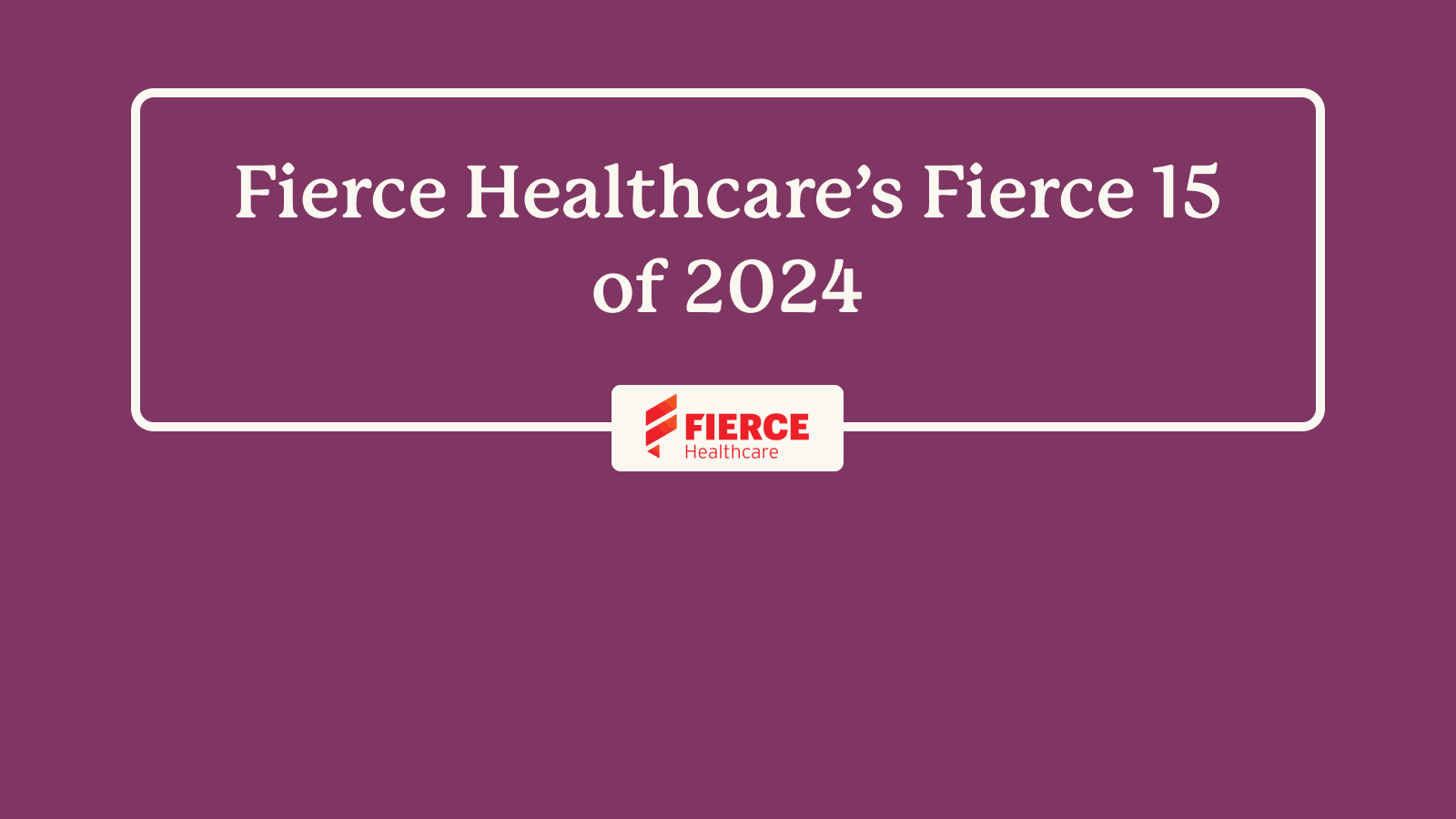Fierce Healthcare's Fierce 15 of 2024
Thyme Care is a winner of Fierce Healthcare’s Fierce 15 awards. See our honorees here.
Robin Shah, who, along with Bobby Green, M.D., cofounded the value-based oncology platform Thyme Care, learned early on how much taking a holistic approach to caring for cancer patients matters. His father, Satish Shah, M.D., is a medical oncologist.
“One of the ways he practices, which I admire so much, is he builds deep relationships with so many patients,” Shah said. “Sometimes, as a child, I would meet these people and their families. They’d come over to our house. People really do look for a village to support them.”
Thyme Care |
|
The big idea: Value-based cancer care partner Headquarters: Nashville, TN CEO: Robin Shah Launch date: July 2020 Latest milestone: $60 million series B funding round, led by Town Hall Ventures and Foresite Capital, with participation from current investors Andreessen Horowitz Bio + Health, AlleyCorp, Casdin Capital and Frist Cressey Ventures. Goals for 2024: Our biggest strategic priority in 2024 is to expand access to our cancer care support services by successfully executing on current contracts with risk-bearing entities, both in terms of improving customer satisfaction and generating cost savings. In addition, we are focused on growing our partnership with oncology practices to drive value-based cancer care. Funding to date: $83 million Number of employees: 160 |
Shah likes to think of Thyme Care as a village, providing support for social needs, finances, transportation, food security, rent and utilities. And of course, Thyme also offers advice and services about clinical matters.
“We do a lot of clinical support virtually,” Shah said. “We might say, ‘We understand that you don’t understand your diagnosis or treatment plan that well.’ Or, ‘You haven’t put together the right therapy goals with your provider. Let us walk you through that.’”
Thyme Care, which launched in 2020, wants patients to think of the company as their trusted insider. Patients can easily be overwhelmed by a cancer diagnosis. In addition, preventable barriers to receiving proper care are often rooted in systemic inequities in the healthcare system, says Shah.
“We listen to what people are going through,” says Shah. “When you listen, you’ll start to uncover not only opportunities to improve health equity, but areas where there needs to be mass investment.”
More than one in five adults are forced to forgo care simply because they have difficulty finding transportation to their appointments. Some patients have to abandon their jobs and forfeit their health insurance as they undergo treatment. And others are faced with food and housing insecurity, as a cancer diagnosis wipes out their savings.
Shah says that Thyme Care wants to guide patients through every phase of the “cancer journey,” from the peri-diagnostic period, when they learn that they may have cancer, to the post-diagnostic period. He also says that though, statistically, cancer affects older people more, Thyme Care offers services across a wide demographic, from 18-year-olds to Medicare and Medicaid recipients. The company also partners with commercial health plans.
“We also support the caregiver,” Shah says. “The person who’s helping them in their home, which could be their sibling, their child, their spouse or their friends. We find a pretty wide demographic range there as well.”
Thyme Care also looks ahead to educate patients about what side effects they could suffer depending on the treatment and/or diagnosis. “We get ahead of that by reaching out to a nurse or a physician,” says Shah.
The company interacts with providers to discover what activities of daily life a patient may not be able to do while being treated. “We want to make sure that someone is answering that question for that patient,” Shah says.
He thinks there’s a place in cancer care for AI but adds that the human factor counts for so much. Some things can only be discovered through person-to-person interaction. He thinks that AI could help in leveraging large amounts of data that would identify symptoms well before those problems force a stay in the hospital.
“Hopefully, over time AI will empower humans to be much more effective at what they do,” Shah says.
Thyme Care also seeks to address what some experts have called an epidemic of loneliness, and fighting cancer alone can be distressing.
“I’m a big believer in all the investment going on for mental health,” says Shah.
Thyme Care might wind up partnering with companies that provide mental health services. Meanwhile, Shah says the company will stay on course.
“We believe that building the right technology platform, the right people function, the right culture, are all ways that we’re going to do this long term,” says Shah. “We’ve invested a lot in just making sure that this company is going to be sticking around for a long time and scaling as much as we can to help people go through this journey.” — Frank Diamond

